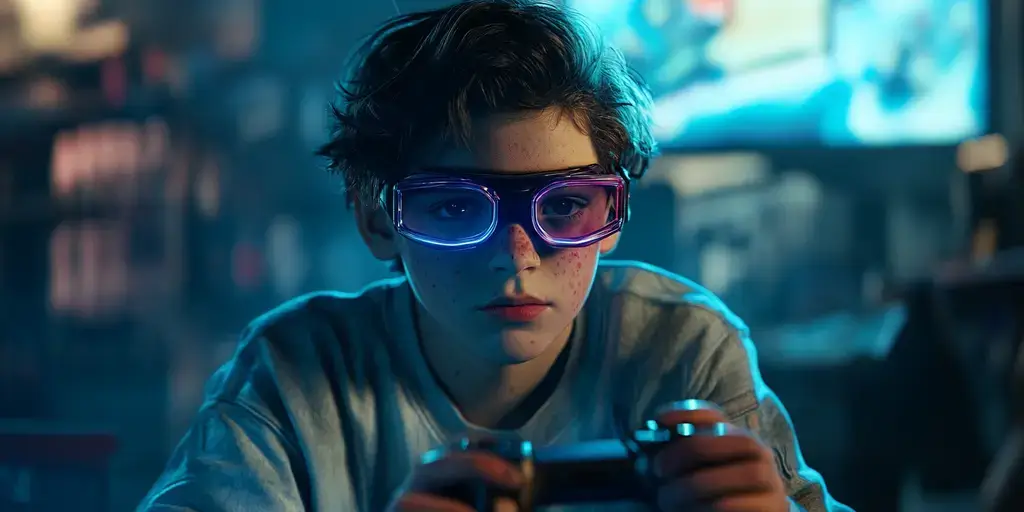Actor Harrison Ford, known for his roles in iconic films like Indiana Jones and Star Wars, recently addressed common fears surrounding artificial intelligence (AI), offering a refreshing perspective that contrasts with the speculative anxieties often shared by the public. Despite the rapid advancement and integration of technology into daily life, Ford remains unfazed by the notion that AI could pose a threat to his creativity or personal essence.
A Voice of Reassurance Amidst Growing Concerns
In an age where technology is ever-present, the fears of AI taking over human functions or altering our society drastically are prevalent. However, Ford seems quite grounded in his approach to these concerns. During an interview, when asked about the impact of AI on the arts and individuality, Ford laughed at the idea that AI could ‘steal his soul’. He emphasized the irreplaceable uniqueness of human creativity and intuition, suggesting that while AI can perform calculations and replicate certain patterns, it lacks the ability to replicate the emotional depth and spontaneity of human beings.
The Role of AI in Creativity
Ford’s comments come at a time when AI is being utilized increasingly in creative fields. From composing music to generating visual art, AI has shown capabilities to assist and even enhance creative processes. Yet, Ford’s stance suggests that while AI provides tools that can aid in the creative process, it cannot substitute the inherently human characteristics that define original art and storytelling.
As AI continues to evolve, the balance between fear and acceptance remains a topic of great discussion. Unlike some who foresee a dystopian future dominated by machines, Ford offers a more optimistic viewpoint. He acknowledges that technology, with its many benefits, should be seen as a complement to human capabilities rather than a threat.
Drawing a Line: Technology as a Tool, Not a Replacement
Ford’s perspective aligns with the views of many experts who argue for the potential of AI to serve as a useful aid in various industries. For instance, AI can handle repetitive tasks, process large volumes of data quickly, and even provide insights into complex problems. These capabilities, experts argue, free up human creativity and time, allowing individuals to focus more on innovation and less on mundane activities.
However, Ford is clear in his belief that there is an essential human element that technology, regardless of its advancement, cannot replicate. He hints at the emotional connection and the personal experiences that human artists bring into their work, which go beyond what AI can imitate or create.
AI: Serving Humans, Not Displacing Them
For many, Ford’s comments are a reminder that while technology continues to evolve rapidly, it remains ultimately in service of human needs and desires. AI provides significant opportunities for improvement across numerous sectors, from healthcare to entertainment, but its role should remain supportive. Ford emphasizes that AI should enhance human life, not dominate it.
His words resonate as a gentle reminder that although AI might simulate certain human-like functions, it cannot capture the essence of what it means to be human. Creativity, empathy, and intuition are qualities that continue to define humanity, distinguishing it from machine capabilities.
Conclusion
Harrison Ford adopts a reassuring stance that aims to dispel some of the irrational fears associated with AI, encouraging people to welcome the benefits while recognizing the unwavering uniqueness of the human spirit. This perspective might help ease the apprehension many feel about technological advancements, reminding us to harness these tools wisely and thoughtfully, ensuring that they always serve humanity before anything else.










